Get those ballots ready! This year, Gloucester will be holding its mayoral election, where eligible voters of all ages will get to exercise their voting rights and help elect the next mayor.
This year, incumbent mayor Gregory Verga will be running against Gloucester native Mary-Ellen Rose.
Verga is a Gloucester resident who has been serving as the city’s mayor since 2021. During his time, Verga has accomplished a lot, including renovating the police station, upgrading the city’s sewer treatment plan, hiring a full-time climate sustainability coordinator, renovating the Sawyer Free Library and completing the East-Veterans School remodeling project.
Aside from being mayor, Verga also served as the school committee chair and previously served as a city counselor. He is also a founding member of the Gloucester Fishermen’s Athletic Association and had served on multiple other community boards and committees. Verga has also co-written songs for the musical project “Paulzon Fire”,and authored his children’s book, “Fresh Eggs.”
Verga’s opponent, Rose, comes from a long line of Gloucester fishermen. During her youth, Rose was captain of the indoor and outdoor track teams and the field hockey team. Rose also participated in the student council, which sparked her interest in politics. However, after high school, Rose traveled throughout the country and eventually secured a teaching position in Maryland where she taught every grade from kindergarten to graduate school. She then received her PhD from American University.
After receiving her PhD, Rose worked for the State Department, where she became the Director of Health and Wellness. She also worked with the Department of Defense, and wrote her book “Getting Healthy by the PIECES.” Rose then returned to Gloucester and became director of the City’s Health Department, and started working towards her goal of running for mayor.
So, what are these candidates planning to do for Gloucester if elected? Well, both of them have their own plans to tackle important issues in Gloucester.
When asked about how he plans to address housing concerns from young people who want to live in Gloucester, Verga pointed to his reinstatement of the Affordable Housing Trust, which helps to maintain the affordability of housing within the city.
“This program has people who have a background in banking and people who have a background in affordable housing,” Verga said. “It’s a good group of people who really want to make a difference.”
Rose, however, has a different approach to housing concerns. “Housing costs are high everywhere, so unless you are willing to live in a community with no economical potential in it, you are always going to be faced with high costs,” Rose said. “One of the best ways you can manage that is by learning how to manage your money and learn how to live within your means. So, in order to do that you have to understand how money works, whether that’s understanding how to pay your taxes or understanding how much money gets taken out by the government.
“I always tell kids, no matter what job they have, take ten percent of your paycheck and put it away into a savings account, Rose said. “If you want to buy a house, you have to save your money.”
Both candidates also have plans on how to approach tourism in the future.
Verga says that he “doesn’t see tourism as a bad thing. It has put us on the map.” He attributes this to the many projects revolving around Gloucester, including films like “CODA” and “The Perfect Storm”, and the show “Wicked Tuna,” towards his mindset.
“I know people whose livelihood depends on tourism,” Verga said. “They run restaurants, work in restaurants, own shops, or even indirectly. For instance, if you own a garage, and all of the sudden all of the people involved in tourism don’t have enough money to get their car fixed, then you’re out of business too. So, it’s something that’s become an intricate part of our community.”
Rose feels similarly about tourism, however she feels it can sometimes be a burden to Gloucester.
“We love our tourists to come in and spend money, but we need to manage them well. We need to have places for them to spend their money that are revenue-producing towards the city, which means that it has to be a company that is paying retail taxes,” Rose said. “If the places tourists are going are non-profits or organizations that do not contribute to the city, then we don’t get revenue from that. We want a tourist friendly industry.”
“I think that part of building up a tourist economy is pursuing the education component of what makes Gloucester unique. I think we should have information boards all over the city to engage the tourists in the experience, as opposed to ‘Come to Gloucester, it’s a fishing community with 400 years of history and it’s beautiful’,” Rose said.
With this being a historic year for Gloucester, Verga and Rose were both asked about how they felt the Gloucester 400+ events have been going so far.
“I think it’s been awesome,” Verga said. “When I was younger, I was about 5 years old and I remember being at an event for the Gloucester 350 and we opened up a time capsule that held newspapers and other old things from years ago. I remember wondering if I would be here for the 400th, but I never thought I’d be mayor for it.”
Verga also highlighted that this is not just Gloucester’s 400th anniversary, since the land Gloucester was founded on has been here for thousands of years and was once inhabited by native peoples.
“We held a land acknowledgement for that reason and we also acknowledge the Africans who were brought here involuntarily because we have a history with slavery, despite the fact that people like to gloss over it. I would like to recognize our past so we can have a better future,” Verga said.
Although Verga’s feelings towards the anniversary celebrations are positive, Rose feels somewhat different.
“With the events that I attended, I was surprised at the attendance levels because I expected them to be more attended,” Rose said. “I was also surprised at the focus of some of them. I remember the Fisheries Focus month, which was quite good, but I expected more stuff all around the city telling that it’s our 400th year.”
“We have had plenty of time knowing our 400th year was coming,” Rose said. “I thought we should have engaged our students more in these activities a lot more. I would have loved to see some cooperative levels with the high school students serving as ambassadors to our city.”
Both candidates also discussed their future plans for the city’s infrastructure if either gets elected as mayor. Verga’s plans for the future include a continuation of the beach reservation system, as well as a plan for the city’s sewer treatment plan, which has been in discussion for the past 40 years.
“We have what’s called ‘primary treatment,” Verga said. “We are the last community on the eastern seaboard that doesn’t have ‘secondary treatment. The federal government has been on us for decades to get upgraded and we have been on a waiver. Finally, I said no more waivers, so we sat down virtually with the US and State governments and environmental agencies to say we are going to tackle this and we are going to move forward with the planning.”
Verga also discussed the new comprehensive planning initiative, or “master plan” he has put into place. Since the original plans were from the year 2000, Verga decided that it needed revamping.
“A lot of the recommendations from the plan weren’t really implemented, and my goal is to get this plan and hold meetings with officials to discuss what’s planned for Gloucester for the next 10 years. Those discussions become our guide work for the next decade,” Verga said.
Rose touched lightly on her plans for mayor. She said that she will “enjoy her years in office and will accomplish urgent things that need to get done, and then work towards the more complicated projects that require funding.”
Rose also said that if she does not become mayor, she will continue to work with the Federal Government and Private Industry, as well as write another book.
Aside from future plans, Verga and Rose also have strategies towards appealing to the young voters. Verga says that he is bringing a vision to the table for the young voters of Gloucester.
“I’ve said it throughout my last campaign and I’m saying it through this one: I’m not thinking about what’s going to get me elected in November,” said Verga. “I’m not thinking about what’s going to get me elected in 2025 and making decisions based on that. My mantra from day one has been ‘the most good, for the most people, in the most time,’ and it’s sincere. I don’t consider myself a success if I’m fooling people.”
Rose says that the youth and students are her greatest hope for Gloucester’s future.
“I want them to get so excited about coming back to Gloucester, however, I want them to try and leave and grow,” said Rose. “I also want students to develop opportunities for learning in the city for the trades, because I see we have some incredibly creative people here.”
“I want to see opportunities where I can help them to develop in industry and entrepreneurship,” Rose said. “If you want to start a business, then how can we do that? By teaching about money and teaching about business plans and running a business and having the support to have your dreams and make them into a reality.”
Both candidates were asked about their plans for Gloucester’s future in regard to climate change.
“We have an energy aggregation contract, which helps save millions of dollars in electricity for Gloucester business owners and citizens,” said Verga. “The city has also built the canal barrier and the cobblestone wall near the sewer treatment plan to prevent storm surges.”
Verga also pointed out that he has hired a sustainability coordinator, Gemma Wilkins, during his time in office. Wilkins is helping to make Gloucester more sustainable in multiple ways, including installing electric car charging stations around the city as well as establishing the Climate Action Resilience Plan which provides strategies for sustainability and resilience.
Rose also shared her ideas for combating climate change, but not before stating that most Verga’s climate approaches are already in place with National Grid.
“National Grid has lots of energy savings programs, and so doubling that effort is very frustrating, instead of just doubling down on what National Grid has already put there we can encourage it directly,” said Rose.
Rose also commented on how if the city continues to build on its marshland and allow it to be overtaken by invasive species, then it is going to be lost.
“The green crab is destroying our marsh all over the city and there have been no eradication efforts whatsoever,” said Rose. “In Ipswich, they are taking huge steps towards trying to rebuild the Great Marsh and we are sitting back and we are either building on it or ignoring it. Conservation efforts should go into inland efforts.”
Rose also says that the city needs to put emergency evacuation plans in place so the city can be prepared in case of a climate emergency.
“People need to know where to go and how to get there and make sure that they have supplies on hand, should any of these things happen,” said Rose. “It’s not always, ‘What are we going to do to solve the world’s problem of climate change?’, but also how we can make sure that we are safe and that families and community members are safe.”
Aside from climate change, both Verga and Rose have said that they will continue to fund GHS programs if either is elected into office.
During his time in office, Verga increased the school budget by $2.7 million. He also stated that he would like to continue focusing on the vocational programs GHS offers, while also expanding the programs as well.
“Before I became mayor, the school hired the vocational director, Brenda Waslick, through a grant, and this year we put her in a general fund,” said Verga. “That’s how committed I am to that position. I want to make sure we have enough money to fund that director which enables us to add a fifth program, the medical assisting program, which we should have in place starting next year.”
Rose also expressed an interest in continuing funding school programs and feels that the funding should be more well dispersed. “I would love to see the funding managed not just by the Gloucester Education Foundation, but I would also like to see the funding go back to the individual schools because they know what they need the most,” said Rose.
“The kids are a priority to me in this city, as are the paras and the teachers, so if we don’t fund the schools then we are not spending our money in the right places,” Rose said. “That goes everywhere, from athletic programs to drama programs and music programs.”
Rose also commented on the ongoing para negotiations and expressed her support for their fight for a wage increase.
“Having been a teacher, if you are trying to manage a classroom and you have students who need one on one support, then you need that support so you can continue teaching,” said Rose. “Their job has a lot of responsibility, and to pay them as little as they do is unconscionable. People need to live and to be able to stay here, and I have never seen such a committed group as the paraprofessionals I have spoken to.”
“We are losing some fantastic teachers in this high school to Rockport, other places, and retirement, and we can’t afford that,” Rose said. “I think if you want to attract the best teachers and keep the best students, it should cost money, and that should be our priority.”
Verga feels similarly about the issue and acknowledges that the paras are underpaid, however, he has to look at the situation from both the city’s perspective and the school’s perspective.
“I have to look at the budget holistically because it is the same pool of money, so if we give to one, it comes from somewhere else,” Verga said. “I think the school committee was smart to ask for a bigger chunk this year, and I was smart to give them the bigger chunk, and I think we can get there with the para contract.”
“A big chunk of that $2.7 million we plugged in was the recognition that we had to negotiate that contract and negotiate in a big way. What we have on the table now is, I feel, is a livable, hourly wage. It is undeniable,” Verga said.
Election day is on November 7, so don’t forget to get out there and vote!

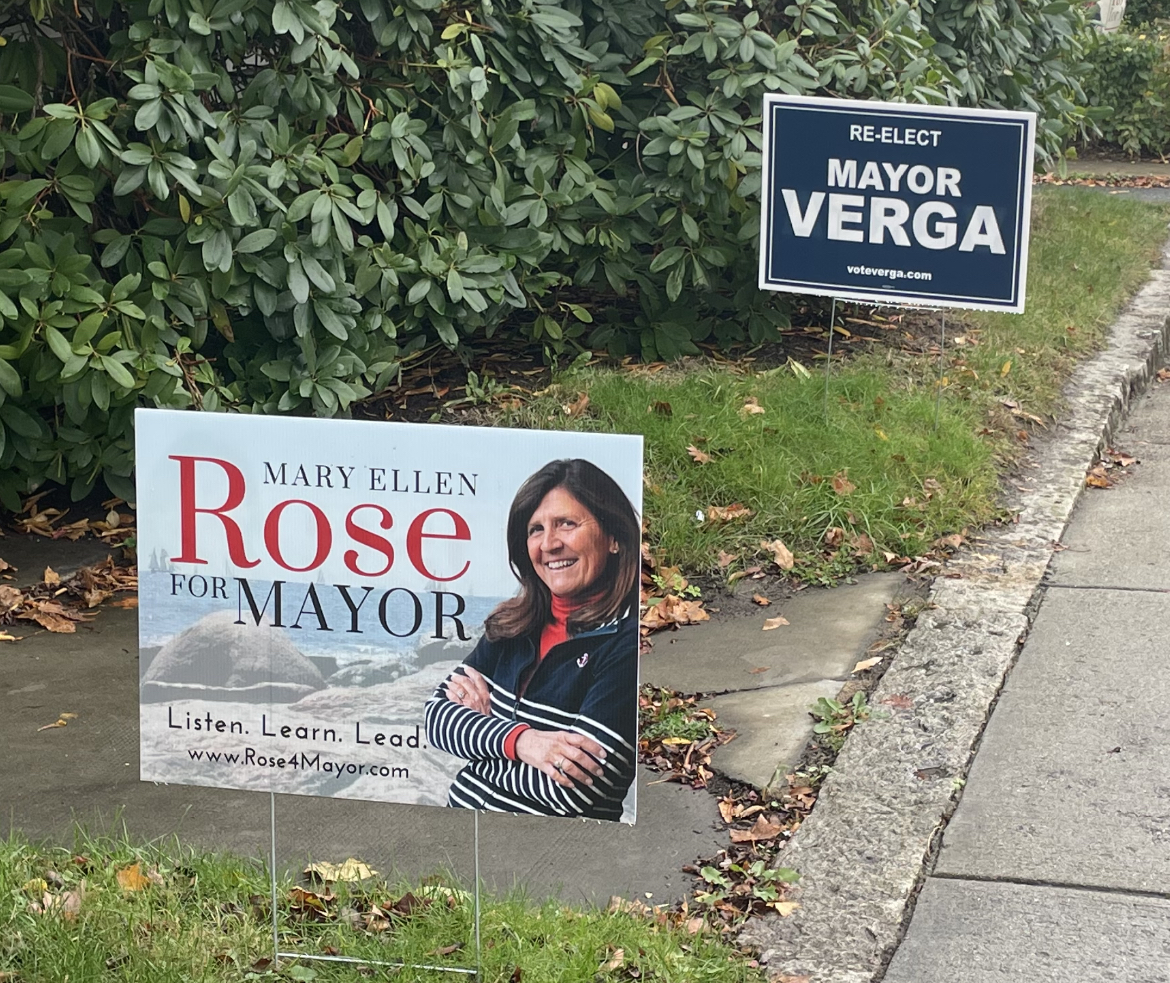
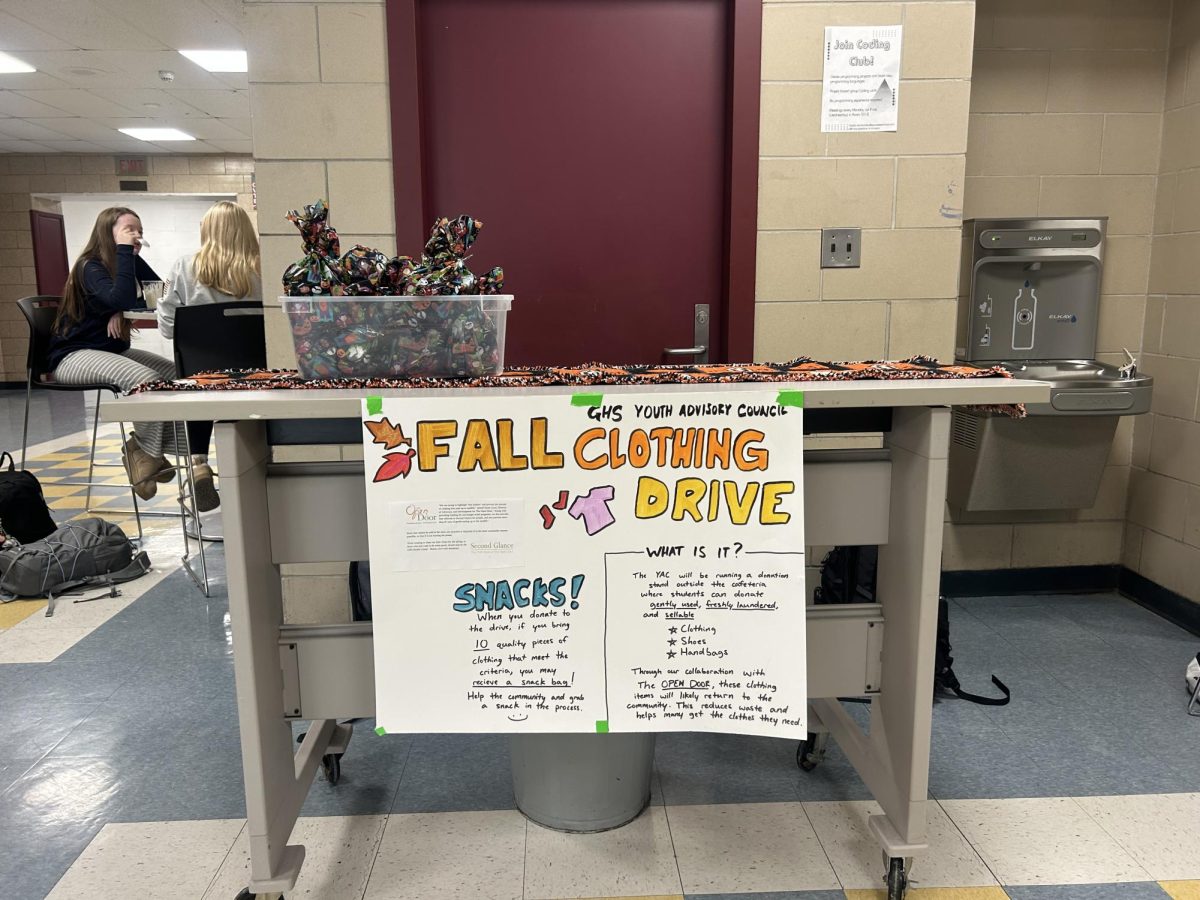
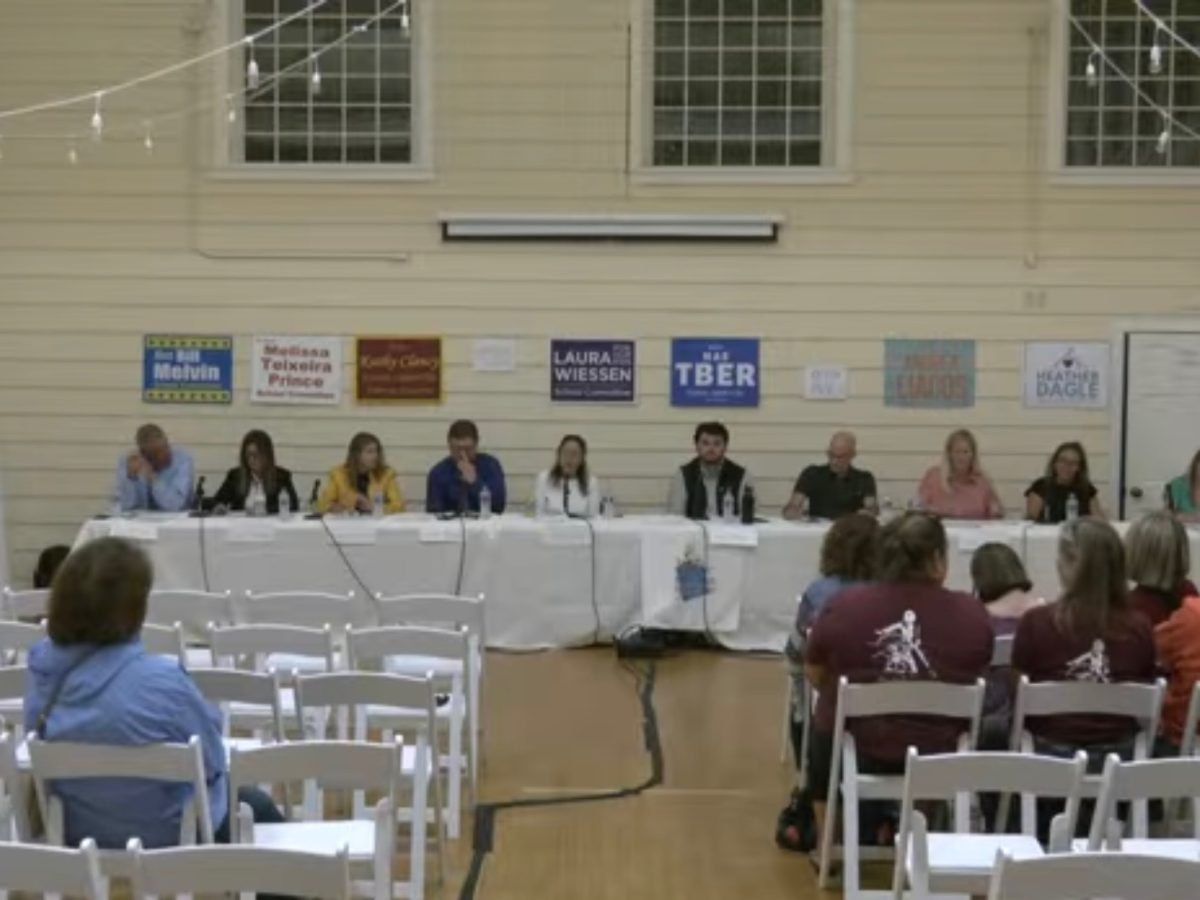


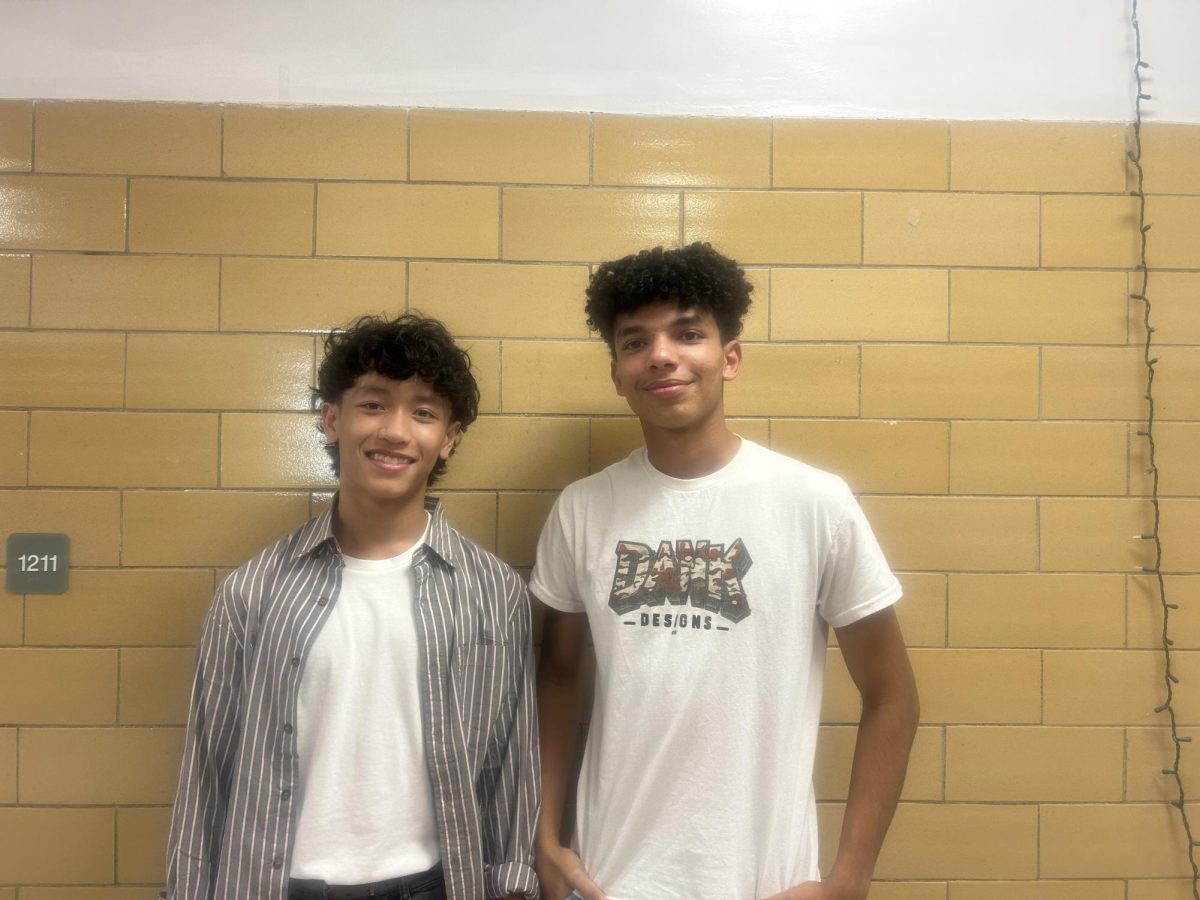
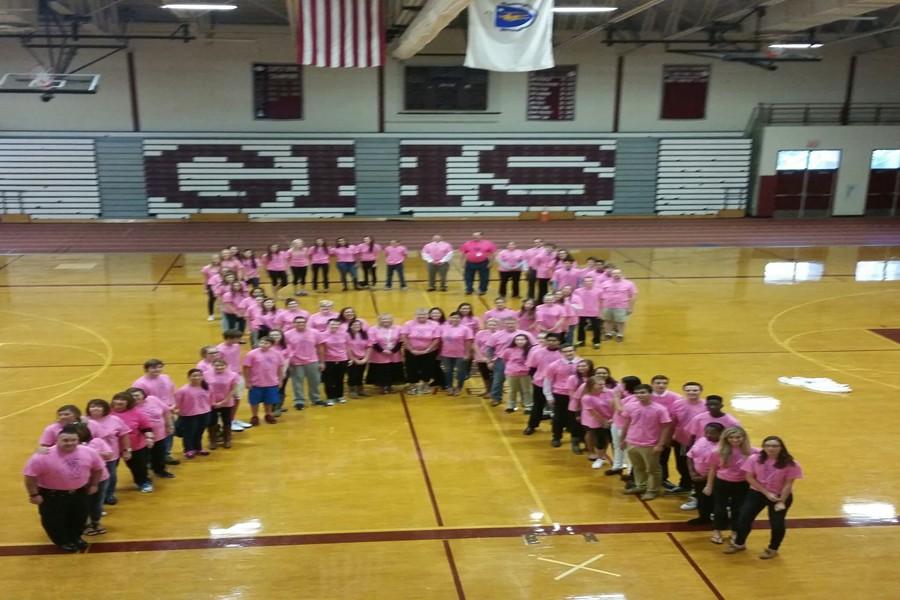
![The Volleyball team poses after their win. [Photo courtesy of GHS Volleyball]](https://thegillnetter.com/wp-content/uploads/2025/10/IMG_6936.jpg)

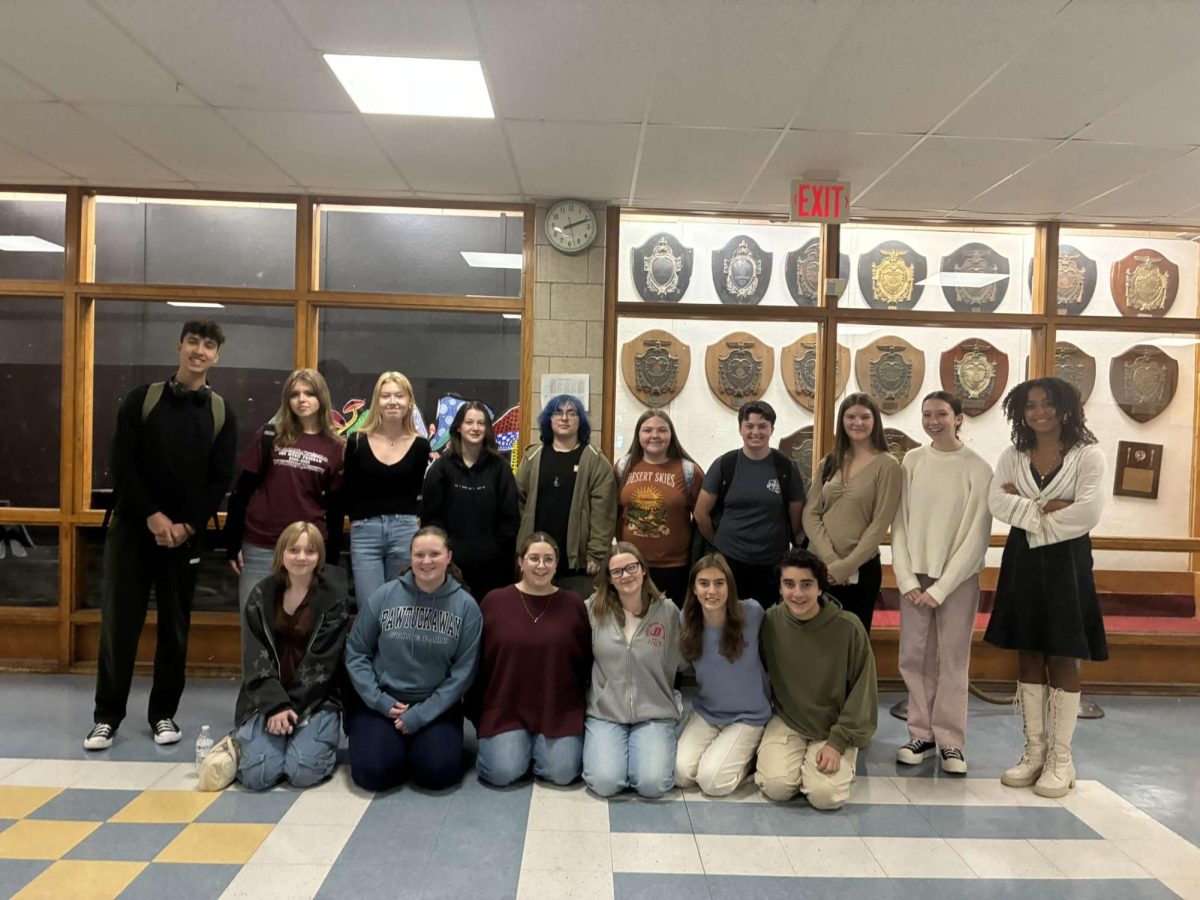
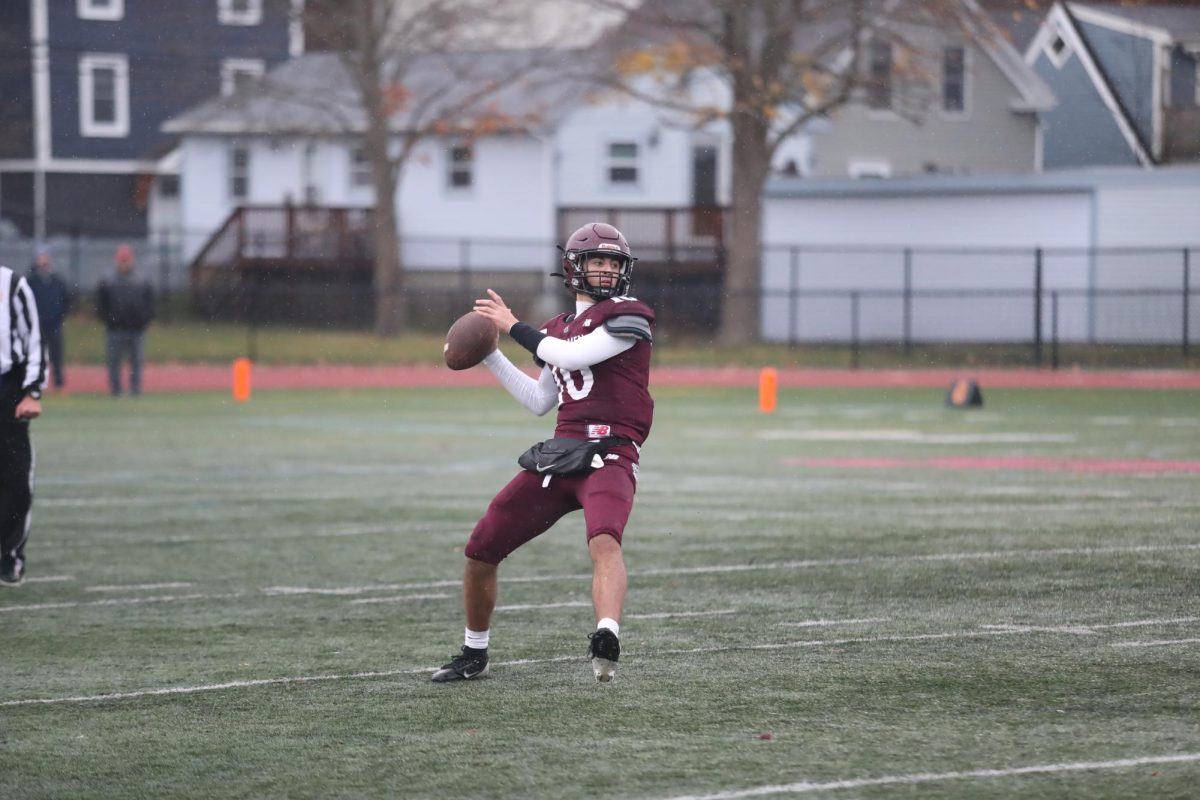

Jaosn Grow • Nov 4, 2023 at 6:30 pm
Excellent article. I’ve long said that some of the best local reporting is happening at the Gillnetter!
Karen Harrison • Nov 3, 2023 at 9:42 pm
So informative Sofia thank you I learned a lot
Bianca Foti • Nov 2, 2023 at 7:12 pm
Great Job Sofia